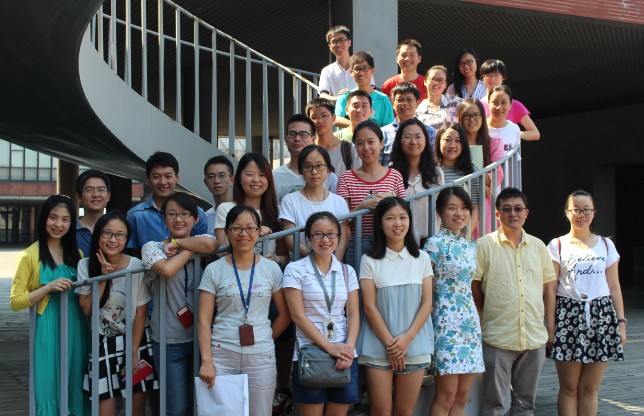Welcome to Feng Lab
The lab was established in 2010 at the Life Sciences Institute, Zhejiang University. Currently, the lab has one full Professor, two Associate Professors, one Research Associate, two postdoctoral fellows, more than ten graduate students and undergraduate students.
Our studies focus on the mechanisms of cell signaling and protein modifications in cell fate control, development and human diseases with the emphasis on cancer. In cancer, we aim to answer three questions: How cancer cells escape from TGF-β cytostatic control? How cancer cells escape from programmed cell death? How TGF-β switches its growth inhibitory function to metastasis-promoting function in cancer?
We have previously identified many key players in the TGF-β signaling pathway, including but not limited to, the signaling-determining L45 loop on the type I receptor, signal transducer Smad3, Smad phosphatases (the signal terminator PPM1A, PPM1H, and SCP family members) and RanBP3 (a Smad2/3 nuclear exporter; RanBP3L as a Smad1/5/8 exporter) as well as a large number of transcription co-regulators for Smads. Current research in our laboratory continues on the investigation of the TGF-β signaling network in tumor and stem cells and also expand into the areas of programmed cell death such as necroptosis. Our studies aim to undertand the fundamental mechanisms of normal cellular function, tissue differentiation, development and disease progression. We also hope to gain translational or clinical potentials for drug development and disease prevention and treatment.
Our lab, together with LSI, has the state-of-the-art facilities for molecular, biochemical, cell biological, and whole animal studies. Supports for research in our lab include numerous grants from the National Natural Science Foundation of China, the Ministry of Sciences and Technology, Natural Science Foundation of Zhejiang Province and Zhejiang University.






